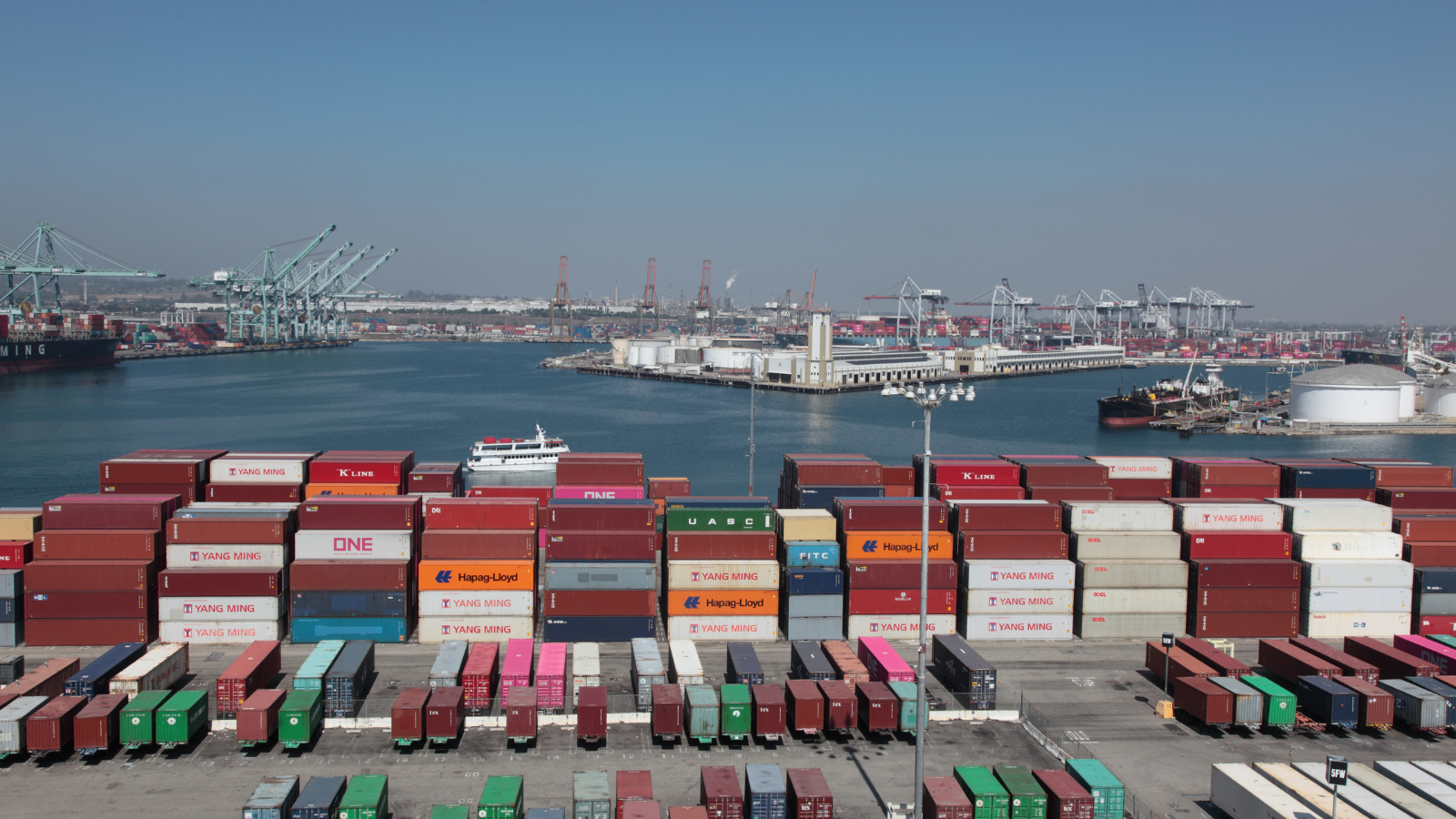The Evolution of Doomsday Prepping in a Post-COVID World
The COVID-19 pandemic has shifted perceptions around doomsday prepping, once considered the realm of conspiracy theorists. More Americans are now considering future catastrophes seriously. Market research suggests a growing interest in survival tools, with a projected $2.46 billion market by 2030. Celebrities like Mark Zuckerberg are investing in doomsday bunkers, and the concept is becoming less fringe.
James Nelson, founder of Prepper All Naturals, likens prepping to traditional practices like preparing for winter. He highlights concerns such as supply chain disruptions and the need for self-sufficiency. Nelson emphasizes the importance of having essential supplies, including food and medicine, to weather potential crises.
Prepping, according to Nelson, is evolving beyond stockpiling weapons to a focus on emergency preparedness. While companies like Costco offer emergency kits, Nelson advocates for more comprehensive solutions that address nutritional needs. He's partnered with ranchers to provide quality, long-lasting food options.
Joe Bassett, founder of Valiant Outfitters, underscores the importance of practical skills over fancy gadgets in prepping. He suggests building a basic bugout bag and investing in training for likely disasters. Despite the uncertainties, he believes being prepared for everyday emergencies is key.
WHY IS THIS IMPORTANT?
As someone in the transportation and logistics industry, you should care about the evolving narrative around doomsday prepping for several reasons. Firstly, the increased interest in survival tools and emergency preparedness indicates a heightened awareness among consumers about potential disruptions to the supply chain. Supply chain disruptions, as highlighted by James Nelson, founder of Prepper All Naturals, are a significant concern for industries like transportation and logistics. Understanding and adapting to these shifting perceptions can help your business anticipate and respond to consumer demands for emergency preparedness products and services.
🔥 OUR HOT TAKE?
The transportation and logistics industry must recognize the changing landscape of consumer behavior towards emergency preparedness. By proactively addressing the growing interest in survival tools and comprehensive prepping solutions, businesses can capitalize on emerging market trends and enhance their resilience against supply chain disruptions.
Bankrupt trucking giant Yellow has announced it has fully paid back a contentious $700 million Covid loan from the U.S. Treasury Department, along with over $151 million in interest.
Congress is taking action to address the critical shortage of pharmaceutical drugs in the U.S., which has been exacerbated by the COVID-19 pandemic.
Amazon.com Inc. is doubling down on its fast-delivery capabilities for its Prime service following a temporary slowdown during the pandemic.
The COVID-19 pandemic forced a massive shift to remote work, leading to a surprising revelation that remote employees are not slackers but, in fact, work slightly longer hours than their office-based counterparts.
China's economic slowdown and declining exports are impacting ocean shipping, with the post-COVID rebound in domestic spending faltering.
The COVID-19 relief funds intended to combat the pandemic and stabilize the economy became the target of the greatest grift in U.S. history.
Increasing vessel arrivals at the Port of Los Angeles and Long Beach have been impacted by labor slowdowns, causing disruptions in supply chain operations.
Since implementing COVID restrictions and subsequently reopening its economy, China has been striving to generate positive momentum.
The COVID-19 pandemic led many companies to reevaluate their supply chains, which relied heavily on China, and look for alternatives such as India, which offers low-cost production.
In 2020, the coronavirus swept the world and had a detrimental impact on the economy.
The COVID-19 pandemic has exposed the weaknesses and vulnerabilities in the healthcare supply chain, but it has also created opportunities for healing and strengthening the supply chain.
Initially, the sudden surge in demand for essential goods, such as medical supplies and food, resulted in shortages and stockouts.
Diversifying supplier and production bases can help to reduce the risk of disruptions caused by the pandemic in a single location.
China’s “zero-covid” policies created massive lockdowns that softened the container delays and port congestion issues over the past few years.
The head of Conagra Brands Inc., CEO Sean Connolly, is speaking up about the growth of the frozen food industry.
With the Chinese New Year holiday around the corner, Chinese factories are struggling to keep their factories staffed while employees fall ill with Covid.
Supply chain managers globally are likely thinking that it’s the “same old song and dance”.
The growing public protest forced China and President Xi Jinping to pull back on the forced quarantines and factory lockdowns, but it remains to be seen if it’s too little too late for China’s global supply chain.
Scott Gottlieb spoke on CNBC’s ‘Closing Bell: Overtime’ in response to the latest Covid rules laid out by the United States federal government.
India, Vietnam, Thailand, Malaysia, and Bangladesh are all scrambling to replace China’s top spot as the manufacturing capital of the world after strict Covid-19 policies are sending global companies whirling.
According to the American Trucking Association, the estimated professional driver shortage has decreased to 78,000 as of October as compared to the number of 80,000 in 2021.
The aviation value chain refers to the various stages and activities that are involved in the production, distribution, and utilization of aviation-related goods and services.
James Pierson and Adam Andrzejewski penned an opinion piece for Newsweek on the matter, highlighting the pitfalls of the $787 billion appropriated to businesses under the Paycheck Protection Program (PPP).
The variant of COVID-19 that was said to destroy the Christmas season for retailers in 2021 is now in the backseat as the latest wave of strikes hit the United Kingdom’s rail network.
The nation’s two largest ports, Los Angeles and Long Beach were home to 109 containerships queuing off the coast as recently as January of 2022.
After several large protests and calls for President Xi Jinping to resign, Beijing has eased some of its anti-COVID measures.
While there have been many critics of China’s zero-Covid policy, it’s clear that the country’s flight activity is very indicative of the economic toll these policies are taking.
The possibility of a public health crisis seems to be fueling the doubling-down of strict Covid lockdowns within the country.
The economic activity of the country is plummeting as outbreaks of sickness and violent protests accelerate.































The COVID-19 pandemic has shifted perceptions around doomsday prepping, once considered the realm of conspiracy theorists.